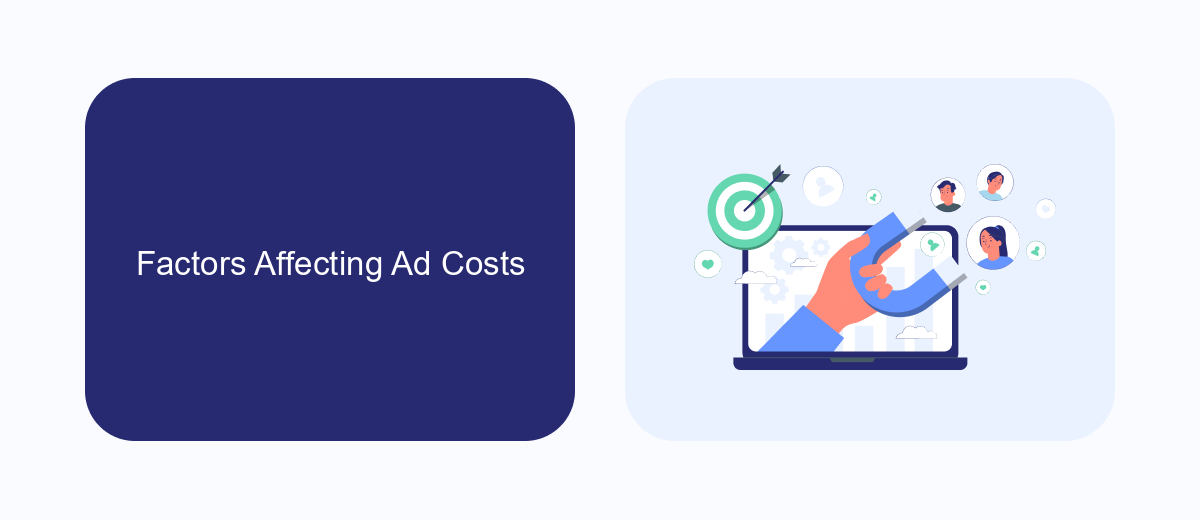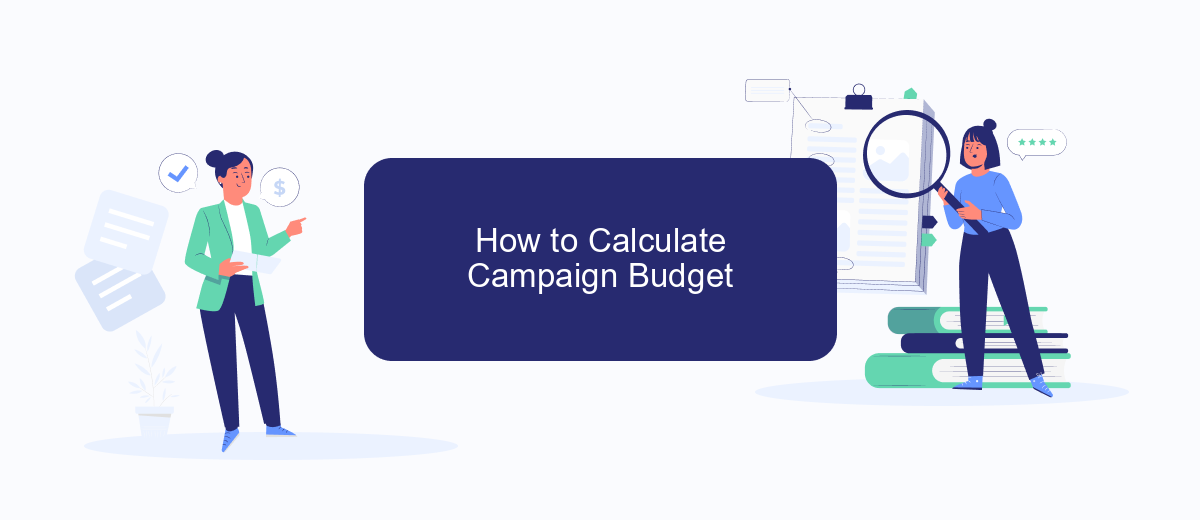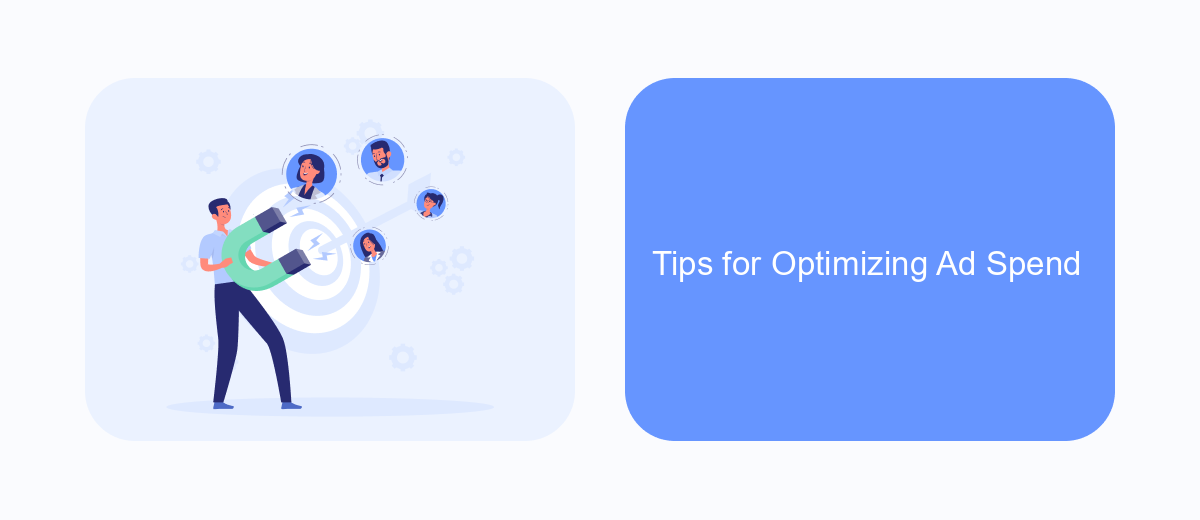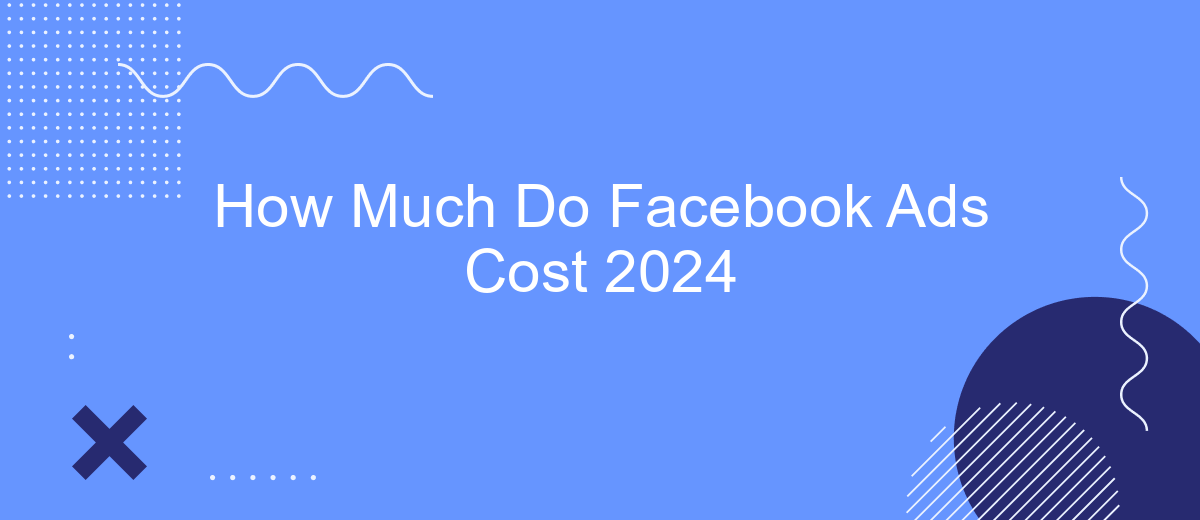Determining the cost of Facebook ads in 2024 is crucial for businesses aiming to optimize their marketing budgets. With evolving algorithms and competitive bidding, understanding the factors that influence ad pricing can help you achieve better ROI. This article breaks down the key elements that affect Facebook ad costs and provides insights to help you navigate the platform effectively.
Average Facebook Ad Costs
Understanding the average costs of Facebook ads can help businesses allocate their marketing budgets more effectively. While costs can vary depending on several factors, having a general idea can guide your advertising strategy.
- Cost Per Click (CPC): On average, CPC ranges from #sml_subkey-0-section-html#.50 to .00.
- Cost Per Thousand Impressions (CPM): CPM typically falls between .00 to .00.
- Cost Per Action (CPA): CPA can vary widely but generally ranges from .00 to .00.
It's important to note that these figures are averages and actual costs can differ based on industry, target audience, and ad quality. To optimize your ad spend, consider using tools like SaveMyLeads, which can streamline your lead generation and integration processes, ensuring you get the most out of your Facebook advertising efforts.
Factors Affecting Ad Costs

Several factors influence the cost of Facebook ads, making it essential for advertisers to understand these elements to optimize their budgets effectively. One primary factor is the target audience; the more specific and competitive your audience, the higher the cost. Additionally, ad placement plays a significant role, with costs varying between Facebook's news feed, stories, and sidebars. The time of year also impacts pricing, with costs typically rising during peak seasons like holidays.
Another critical factor is the quality and relevance of the ad. Facebook rewards ads that engage users and meet their interests with lower costs. Furthermore, the bidding strategy you choose, whether it's cost per click (CPC) or cost per thousand impressions (CPM), can affect overall expenses. Utilizing integration services like SaveMyLeads can streamline your ad management process, ensuring that your campaigns are efficiently optimized and that lead data is seamlessly transferred, ultimately helping to control costs.
How to Calculate Campaign Budget

Calculating your Facebook Ads campaign budget is crucial to ensure effective allocation of resources and achieving desired outcomes. To get started, you need to consider various factors such as target audience, campaign goals, and duration.
- Define your campaign objectives: Determine what you want to achieve, whether it's brand awareness, lead generation, or sales.
- Identify your target audience: Understand who your audience is, including demographics, interests, and behaviors.
- Estimate your cost per result: Based on your past campaigns or industry benchmarks, estimate how much each result (click, lead, sale) will cost.
- Set your campaign duration: Decide how long your campaign will run, which will impact your total budget.
- Calculate your total budget: Multiply your estimated cost per result by the number of desired results, then adjust based on your campaign duration.
Additionally, consider using services like SaveMyLeads to streamline your campaign management. SaveMyLeads can help automate lead integrations, saving you time and ensuring that your budget is used efficiently. By carefully planning and utilizing the right tools, you can maximize the effectiveness of your Facebook Ads campaign.
Tips for Optimizing Ad Spend

Optimizing your Facebook ad spend is crucial for maximizing your return on investment. By implementing a few strategic practices, you can ensure that your budget is used effectively and efficiently.
First, clearly define your target audience. Understanding who you are trying to reach allows you to tailor your ads more precisely, reducing wasted spend on uninterested users. Utilize Facebook's audience insights to gather data about your potential customers.
- Use A/B testing to compare different ad creatives and identify which ones perform best.
- Set a daily or lifetime budget to control your spending and avoid overspending.
- Leverage Facebook’s automated rules to adjust bids and budgets based on performance metrics.
- Integrate third-party tools like SaveMyLeads to streamline your ad management process and automate lead generation tasks.
Lastly, regularly monitor and analyze your ad performance. Use Facebook's analytics tools to track key metrics such as click-through rates, conversion rates, and return on ad spend. Continuous optimization based on these insights can help you get the most out of your advertising budget.
Alternative Advertising Platforms
While Facebook Ads are a popular choice for many businesses, there are several alternative advertising platforms that offer unique advantages. Google Ads, for instance, provides a robust search and display network that allows you to target users based on their search intent. Additionally, LinkedIn Ads are particularly effective for B2B marketing, enabling you to reach professionals based on their job titles, industries, and more. Instagram Ads, integrated with Facebook's advertising system, are ideal for visually-driven campaigns targeting younger demographics.
For those looking to streamline their advertising efforts across multiple platforms, services like SaveMyLeads can be incredibly useful. SaveMyLeads automates the integration process, allowing you to connect various advertising channels and CRM systems seamlessly. This ensures that your leads are captured and managed efficiently, saving you time and improving your campaign performance. By exploring these alternative advertising platforms and leveraging integration tools, you can diversify your marketing strategy and potentially achieve better results.
- Automate the work with leads from the Facebook advertising account
- Empower with integrations and instant transfer of leads
- Don't spend money on developers or integrators
- Save time by automating routine tasks
FAQ
How much do Facebook Ads cost in 2024?
What factors influence the cost of Facebook Ads?
How can I optimize my budget for Facebook Ads?
Is there a minimum budget requirement for Facebook Ads?
How can I track the performance of my Facebook Ads?
Are you using Facebook Lead Ads? Then you will surely appreciate our service. The SaveMyLeads online connector is a simple and affordable tool that anyone can use to set up integrations for Facebook. Please note that you do not need to code or learn special technologies. Just register on our website and create the necessary integration through the web interface. Connect your advertising account with various services and applications. Integrations are configured in just 5-10 minutes, and in the long run they will save you an impressive amount of time.

